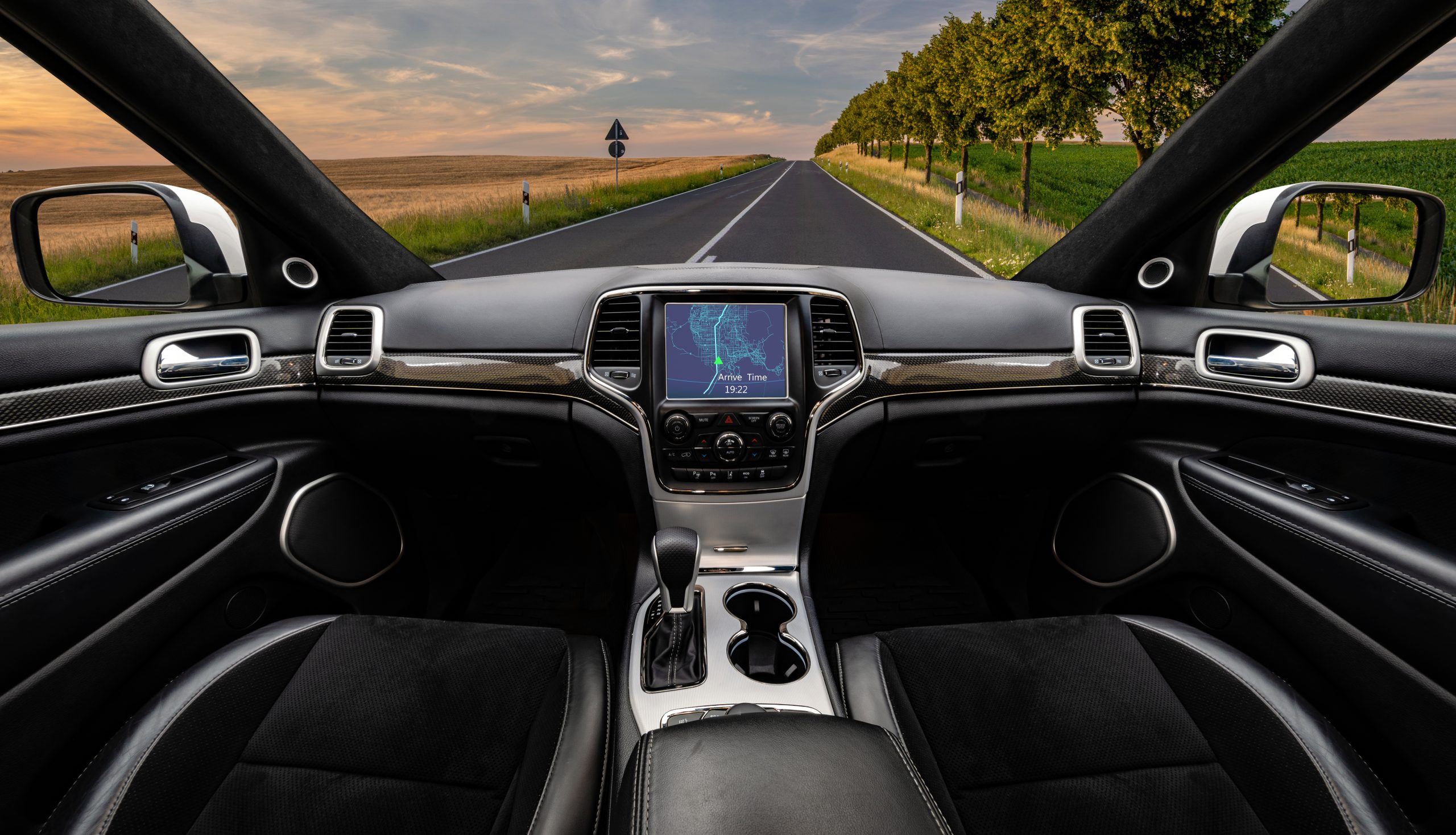WSelf-driving vehicles are no longer science fiction—they’re now navigating real roads in major cities across the U.S., including some popular RV travel destinations. If you’re an RV owner, it’s natural to wonder how these driverless cars might affect your safety. More importantly, you may be asking, who is at fault in a self-driving car accident if one were to hit your RV?
As more fully autonomous vehicles enter the road—some operating without anyone behind the wheel—accidents, while still rare, do happen. And when one involves a larger vehicle like an RV, the stakes (and the confusion) can be even higher. Understanding liability, knowing what steps to take, and making sure you’re protected is essential to navigating these new realities of the road.
Where Are Self-Driving Vehicles Operating?
Fully autonomous vehicles—classified as Level 4 or Level 5 on the automation scale—can operate without a human driver under specific conditions. Companies like Waymo and Cruise have already rolled out self-driving taxis and delivery vehicles in cities like Phoenix, Austin, San Francisco, Los Angeles, and Atlanta.
These vehicles are often equipped with sensors, cameras, and advanced AI software, but they are not infallible. From misread road conditions to unpredictable human behavior, incidents involving autonomous vehicles do occur. If you’re traveling through these areas in your RV, there’s a growing chance you may encounter one—or even be involved in an accident with one.
Who Is at Fault in a Self-Driving Car Accident Involving an RV?
This is the big question—and unfortunately, the answer isn’t always straightforward. Determining who is at fault in a self-driving car accident depends on a range of factors, including the technology involved, vehicle ownership, and local laws.
Here are some potential sources of liability:
- Manufacturer Liability: If a software or hardware malfunction in the self-driving system caused the accident, the manufacturer of the technology may be responsible. This falls under product liability law.
- Operator or Fleet Owner: If the autonomous vehicle is part of a rideshare or delivery service fleet, the operating company may be liable for its performance, especially if maintenance or updates were neglected.
- Human Driver (if applicable): Some vehicles are semi-autonomous and still require human oversight. If a human failed to take control when needed, they may be partially or fully at fault.
- Third Parties: External factors like road hazards, poor signage, or another vehicle’s behavior may shift blame to someone else.
- The RV Driver: If the RV driver made an illegal maneuver—such as cutting off the self-driving vehicle—the RVer may still be held liable, even if the other vehicle was operating autonomously.
What to Do If Your RV Is Hit by a Self-Driving Vehicle
If you find yourself in this situation, your actions should mirror those of any accident response—with a few extra steps for documentation:
- Prioritize Safety: Move to a safe area and check for injuries.
- Call Emergency Services: Always report the accident and request assistance.
- Document Everything: Take photos of your RV, the autonomous vehicle, and the scene. Note any markings that identify the company operating the self-driving vehicle.
- Get Witness Info: Bystanders may provide helpful accounts and contact details for follow-up.
- Seek Medical Care: Even if you feel okay, injuries from RV collisions can surface later.
- Notify Your Insurance Provider: Report the incident as soon as possible with all documentation.
Navigating Legal and Insurance Considerations
Because regulations on self-driving vehicles vary from state to state—and because the technology itself is evolving—filing a claim after an accident involving a self-driving car can be complex. It’s often wise to consult with a personal injury or product liability attorney to understand your rights and responsibilities.
Also, be sure to file a police report. This formal record is essential for any insurance claim or legal proceeding.
Stay Informed and Protected with Happy Camper Insurance
With autonomous vehicles becoming a part of everyday road travel, it’s important for RV owners to stay informed about their rights and responsibilities. Accidents involving self-driving vehicles raise new questions, especially around who is at fault in a self-driving car accident—but having the right coverage and support makes all the difference.
At Happy Camper Insurance, we’re committed to protecting your journey—no matter what (or who) is on the road. Whether you’re towing a travel trailer across state lines or navigating urban streets in a Class C motorhome, we’re here to help you stay covered and confident.
Have questions about RV insurance or how to stay protected in the age of self-driving vehicles? Contact Happy Camper Insurance today—we’re always here to help you protect your next adventure.


